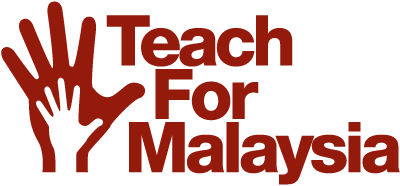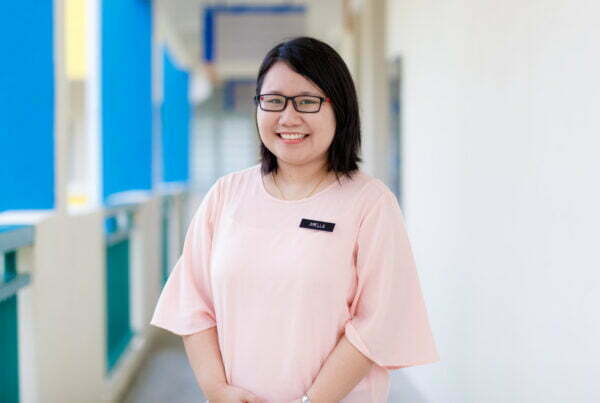Early this year, a petition was started online at change.org by a SPM candidate to urge the Education Ministry to either cancel or postpone the 2020 SPM examinations, citing that the Covid-19 pandemic has taken a mental toll and caused learning losses as well as that Covid-19 is still a serious threat. After multiple postponements due to the pandemic, the exam is scheduled to start on 22 February 2021. This online petition gained traction as SPM candidates returned to schools for their final exam preparation despite the dramatic, nationwide rise in Covid-19 cases. At the time of writing, more than 43k individuals have signed the petition.
For decades, SPM has been one of the most (if not the most) important exams in Malaysian education system as it carries significant consequences for candidates on the basis of their performance. SPM, like many other system-level assessments such as STPM, GCSE and A level, has been endorsed by higher education institutions, the Public Service Department and other employers as a fair means to measure the academic capabilities of students by assessing their knowledge.
Such exams are assumed to be fair because students are anonymous in the grading process, and because the exams are standardised. It is assumed that keeping student identities anonymous will reduce or eliminate biases such as student-teacher relationships or socio-economic background. By standardising the exams, all candidates within the system are assessed in a consistent and pre-determined manner, regardless of where they are from.
Based on this, it makes sense for system-level examinations like SPM to be perceived as the gold standard and proxy to students’ capabilities. In contrast, alternative modes of assessment such as school-level or sub-national-level exams do not have the same level of acceptance and recognition.
Let’s pause to reflect upon our observations and consider the following questions. While SPM may remain an impartial means to assess all Form 5 students’ knowledge during the Covid-19 pandemic, will the results serve as a good proxy for the academic capabilities for all candidates? If SPM does not serve as a good proxy for the academic capabilities for all candidates, what are the potential implications candidates will face?
As far as we observed, the pandemic has hit the poorest students the hardest and widened pre-existing gaps between them and other students. With schools closed and all lessons migrated online, students from B40 and marginalised communities experienced greater learning losses compared to students from relatively comfortable backgrounds. According to our analysis, approximately 8,820 students, or 60% of students taught by TFM Fellows in B40 communities have not been engaged in online learning methods. This was mainly due to limitations in internet connectivity, mobile coverage, and access to devices.
Even for students who have some or full access to online lessons, their online learning experiences vary widely, as some teachers struggle to conduct online lessons without formal training in online pedagogical strategies. In a survey conducted by Project ID last year, students called out the unclear, inconsistent structure of online learning and lack of engaging interaction as some of the main challenges they faced. With disparities in terms of quality and duration of lessons across different student populations, SPM in its current form might not be the best way to measure students’ capabilities, and therefore might not be as indispensable as it is currently assumed to be.
Education ministries around the world have dealt with similar challenges by either cancelling, postponing or modifying their high-stakes exams. This has been an extremely tricky issue to deal with as there is no one-size-fits-all approach to follow, and coming up with a perfect solution is nearly impossible during the crisis.
Regardless of the ultimate decision by MOE, we hope that all students involved will receive the support they need and their physical and mental health will not be jeopardised. We also hope that the decision is inclusive and does not compound pre-existing educational and socio-economic disadvantages.
In the next article in this series, we will provide some practical recommendations to address some of the challenges which the current batch of SPM candidates face. We will also offer suggestions in relation to holistic education and assessments as we venture into the new academic year.







